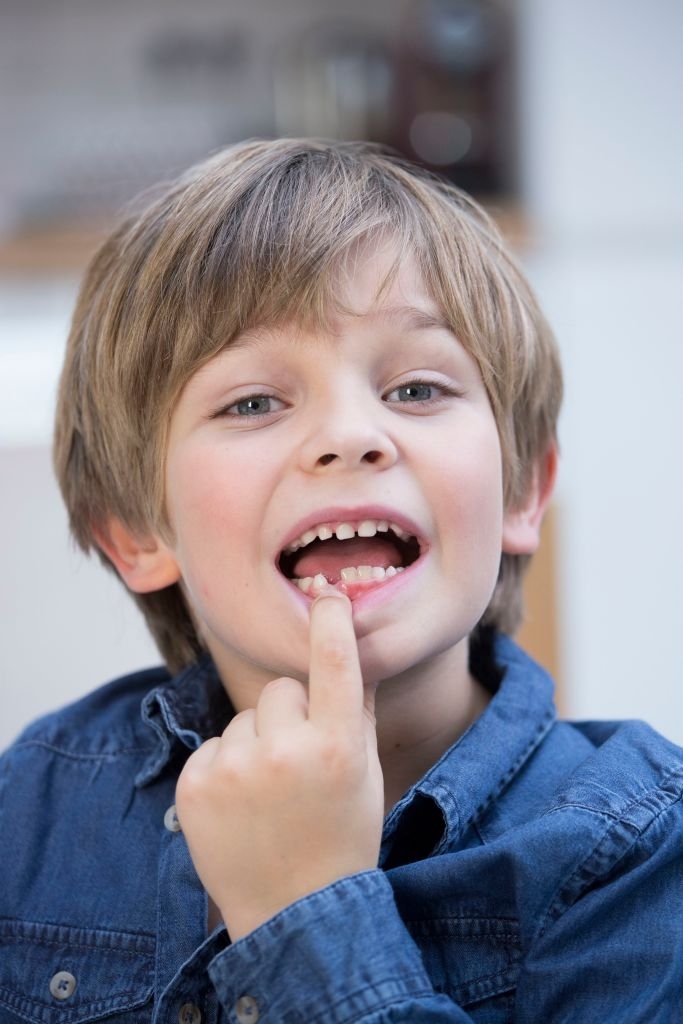How Baby Teeth Erupt and Fall Out

Every child undergoes a phase of growth where their first teeth, also called baby teeth or milk teeth, erupt and fall out within a few years. This is an important dental milestone for every child that should excite both the child and the parents. In fact, most cultures around the world have folklore and traditions surrounding this phase of growth such as the tooth fairy visit. However, if you are a first-time parent, this experience could be daunting, if you do not understand it well. Before you dash off to talk to a dentist because your kid’s teeth are loose, here are a few things you need to know about this phase and how to handle it.
How and when do baby teeth erupt?
Baby teeth can erupt in any order, although typically, the central bottom teeth will be the first. By the time they turn 3, most children will have a full set of 20 baby teeth. As soon as the first teeth begin to appear, it is as good a time as any to start shopping around for a dentist for kids and have them in your speed dial – just in case. This is because it is not uncommon for the eruption of the first teeth to be accompanied by discomfort and even delayed growth. To make sure that your baby’s pearly whites are healthy and remain healthy, it is highly recommended that you include a regular visit to a kids’ dental clinic in your baby’s clinic schedules.
It is best to instill a proper dental routine that includes regular brushing and flossing as early as when the child still has baby teeth. This routine should include regular dental checkups – preferably once every six months.
Teeth development and fall out
Your child’s adult teeth (also called permanent teeth) begin to develop inside the jawbones soon after birth. When the milk teeth begin falling out at the age of 6 to 8 years, they will be gradually replaced by the adult teeth which naturally grows at a much slower rate. Between the ages of 6 and 12, children will have a mixture of baby teeth and adult teeth. By the age of 12, your child should have all adult teeth, except for the third molars, also called wisdom teeth.
When the baby teeth are falling out and getting replaced with adult teeth, the child may experience difficulty in chewing and pain or discomfort. It is however important to ensure proper dental hygiene and proper diet at this point because it is a critical time in dental development. It is also vital to let the loose baby teeth fall out on their own, even when they are loose. Attempting to pull out a loose tooth before it is ready to fall out may cause it to snap. A damaged tooth can cause a lot of pain and even lead to an infection.
Finding the right pediatric dentist to keep track of your baby’s teeth from the eruption phase through to adulthood is essential. Altona dental professionals recommend regular dental checks to ensure that baby teeth grow as they should and fall out to pave way for adult teeth when they should to ensure your child grows to become an adult with beautiful, strong, and healthy teeth.
